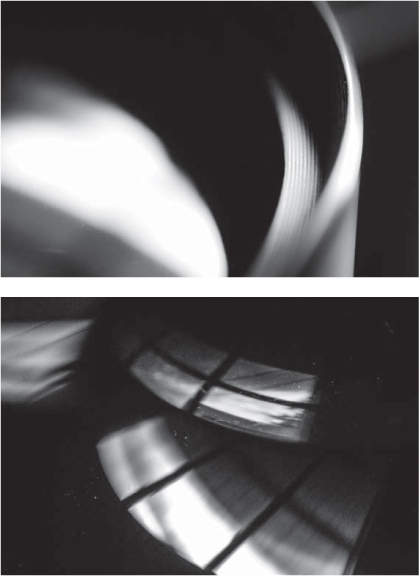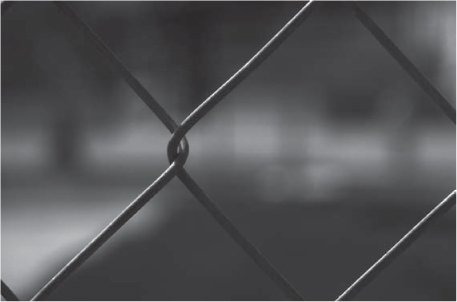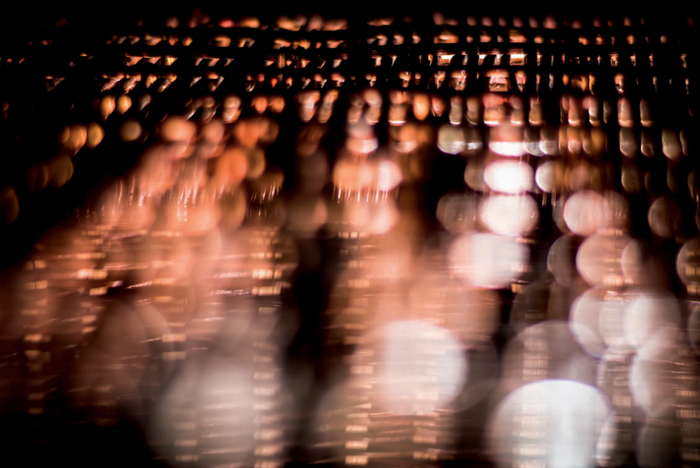What Type of Photographer Will You Become?
The short answer to this question is that no one knows, and other than in rare cases, that includes you. That said, certain changes and shifts on your photographic journey are likely. You will see things very differently after spending time with a camera. This is a continual process; it never stops. Photographers who have worked for half a century still discover new things regarding their relationship to the art.
I know that in a year’s time I will see differently than I do now. The change may be a massive, fundamental one, or it may be of a smaller, more incremental nature. I know this much based on past experience: A year has not gone by in which my photography has remained static. The thing that keeps me going day after day is not knowing where this journey will end up. If I knew, there would be little point to continuing with it.
Photography writing tends to treat the art as a top–down process. The assumption is that there is this finite amount of technical and artistic knowledge required, and when you have this knowledge, you are a master. You can then call yourself a photographer and charge money for your services, with no need to do more than keep up-to-date with equipment advances. This approach is fundamentally wrong. Photography is a bottom–up process; it is about learning from the past, experimenting, making mistakes, and heading toward an unmapped future. This approach produces great photographers.

Abstract monochromes. The objects’ identities are completely immaterial in these two images—it is all about the relationship between the light and dark areas. It is this type of work that defines my own chosen label.
Temperament will play a huge part in determining your photographic future. Possibly the hardest work that you will have to do as a photographer is to mesh your art with your own nature. If you are easily bored and always looking for novelty in other parts of your life, then traditional landscape photography, for example, may not be for you, because it requires a high level of patience. For this type of person, the sheer unpredictability of street photography may be a much better fit. I may be stating the obvious, but the fact that many photography courses and instruction books leave the photographer’s temperament out of the equation never ceases to amaze me.

I am drawn to fences and ambiguity. Abstracting what lies beyond the fence (using depth of field) is also a metaphor for something that is unobtainable. I think that I will move toward more conceptual work in the future, but it is impossible to be definite about this.
I do feel that photographers should explore as many different avenues as their temperament allows and I generally am opposed to the idea that specialization is a good thing. In fact, I think that specialization should be avoided for as long as possible, or failing that, the photographer should switch genres regularly to keep the eye and the mind fresh. Becoming a photographer is about developing a way of seeing. Ultimately, this way of seeing is something that should be applicable to just about anything in the visual world.
The rush to specialization is largely driven by the mistaken belief that specialization and style are intimately connected. Photographers are often told that they have to develop a style and that the developed style comes as a result of specialization. This is false. A style develops organically through constant practice and not through the adoption of a photographic niche.
Great painters, for example, all have a recognizable style. If we are looking at a particular painting of a flower, a person, or a night sky, we do not have to read the signature to know that it is a Van Gogh. Painters do not set out to develop a style, they set out to paint. Throughout their careers, their styles evolve and mature independently of intent. As a photographer, my greatest satisfaction comes from someone recognizing one of my photographs, regardless of subject matter, as mine without any clues other than the image itself.
Although there is no way of knowing where the journey will take you, it is worth keeping a few things in mind:
![]() By and large, do things photographically that work with your own fundamental nature
By and large, do things photographically that work with your own fundamental nature
![]() Do not specialize too soon; instead, build a broad foundation
Do not specialize too soon; instead, build a broad foundation
![]() If you practice enough photography with these points in mind, a recognizable style may emerge
If you practice enough photography with these points in mind, a recognizable style may emerge
A note about the use of the term style: for the purposes of this book, style is something that develops through constant practice and is not something deliberately aimed for. It happens organically.
This effect was achieved by placing a strobe in a laundry basket

